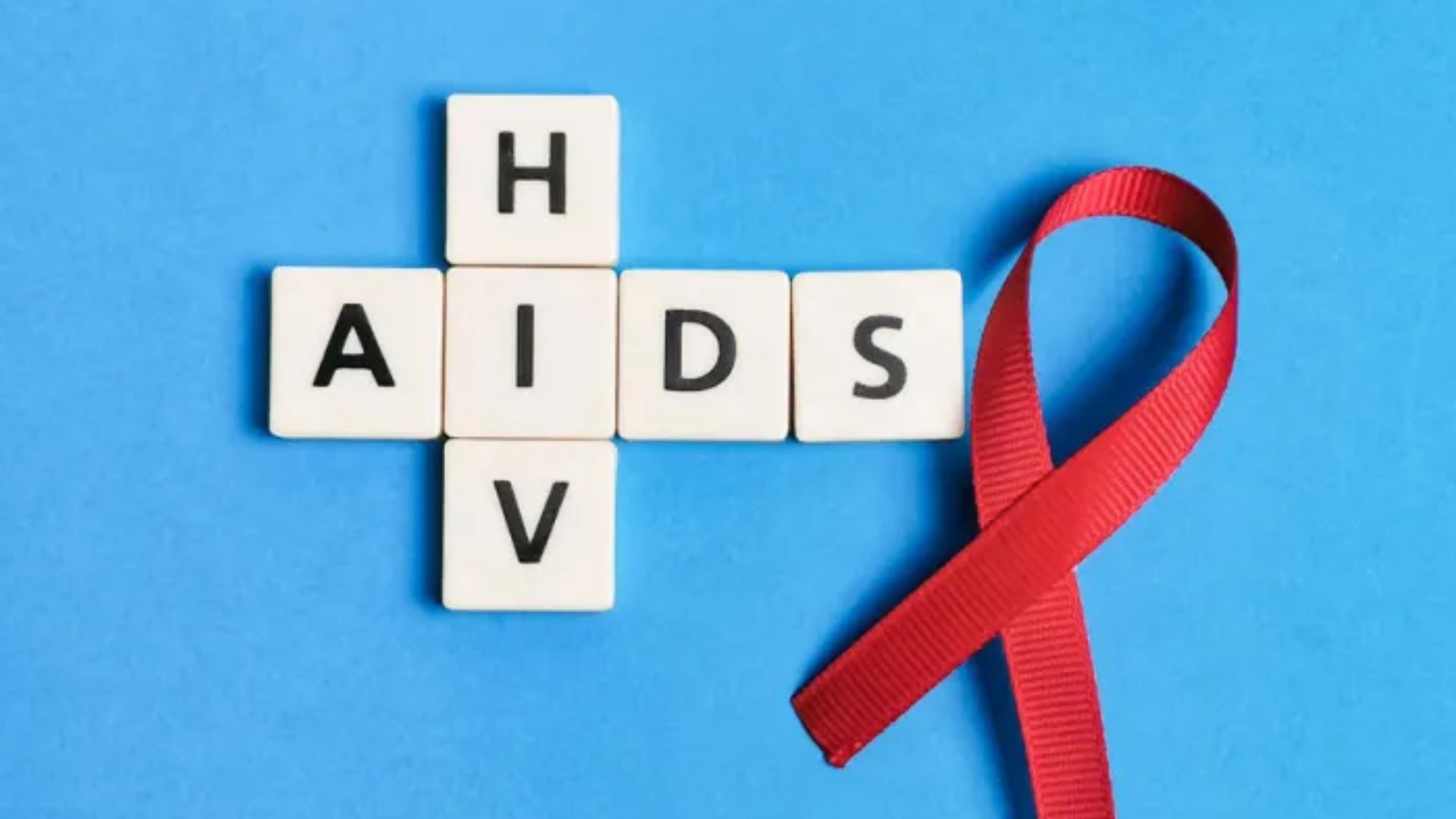According to the most recent statistics released by Afghanistan’s Taliban-appointed Ministry of Public Health, approximately 12,000 people in the country are currently infected with HIV. According to World Health Organization estimates, approximately 1.0 percent of the Afghan population is infected with HIV/AIDS, as revealed during a session commemorating World AIDS Day.
During the Monday session, the ministry reported that its Infectious Control Program had reached out to 3,492 people to address the country’s HIV/AIDS situation.
AIDS, known as acquired immunodeficiency syndrome, is transmitted through various means, including sexual intercourse, sharing needles, and using contaminated blood-related equipment from an infected person. World AIDS Day, observed annually on December 1 since 1998, aims to raise awareness and mobilize efforts to combat the disease.
The disease progresses through three distinctive stages. In the initial phase, affected individuals may suffer from severe or superficial infections. Subsequently, the disease often leads to weakness and pronounced inflammation in the following two stages.
This reported surge in HIV cases in Afghanistan underscores the critical need for intensified awareness campaigns and preventive measures against the spread of the virus, aiming to curb its impact on the population.







